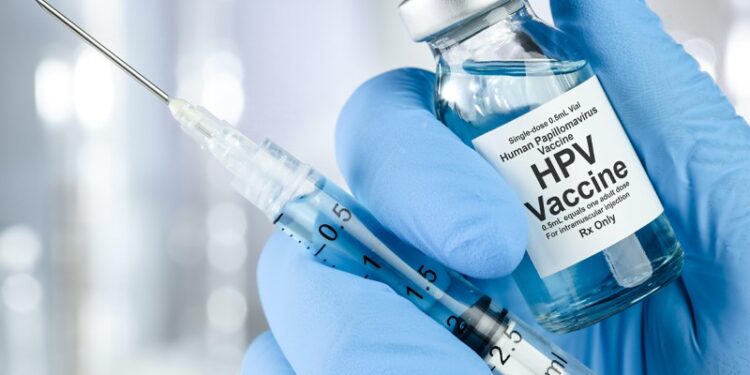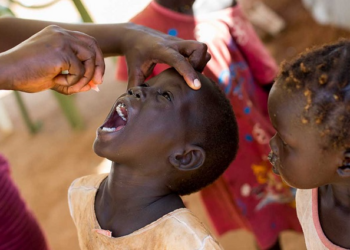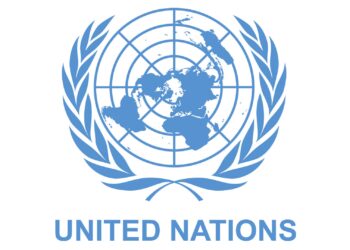The National Orientation Agency (NOA) and UNICEF have urged traditional and religious leaders in the Kaduna Central Senatorial District to raise awareness about the dangers of the Human Papillomavirus (HPV), diphtheria, and preventive measures for yellow fever.
The sensitization, supported by UNICEF’s Kaduna Field Office, is part of their efforts to engage traditional and religious leaders, recognizing their significant role in educating communities and promoting national development.
What they said
NOA State Director, Alhaji Hamisu Abubakar, emphasized the importance of involving traditional and religious leaders in spreading awareness about these diseases, which pose significant health challenges and lead to fatalities.
He highlighted the aim of the program, which is to educate these leaders on the dangers of the diseases and their preventive measures, encouraging them to disseminate this knowledge in their communities.
He also added that a report and recommendations will be submitted to the Kaduna State Governor for further support.
UNICEF Consultant on Tradition and Religious Leaders, Malam Khalifa Abdullahi, spoke about the importance of preventive measures and the need for vaccination, emphasizing that vaccination is a safe and effective way to prevent these diseases.
He noted that some areas still face resistance to vaccines and called on participants to encourage vaccination, especially among women and children, to protect them from these diseases.
Resource Person, Mr Lawal Haruna, explained that diphtheria is preventable through vaccination and treatable by medical professionals, with symptoms including fever, headache, and general body weakness.
On the other hand, Muhammad Abdullahi, the Kaduna South LGA Health Educator, discussed the symptoms of yellow fever and low-risk HPV.
He noted that HPV vaccines can prevent most cases of certain cancers and recommended consistent condom use for HPV prevention.
Highlighting the symptoms of low-risk HPV, he said it includes genital warts, he added,
- “These warts are considered low risk because they are not likely to develop into cancer,” he said.






















